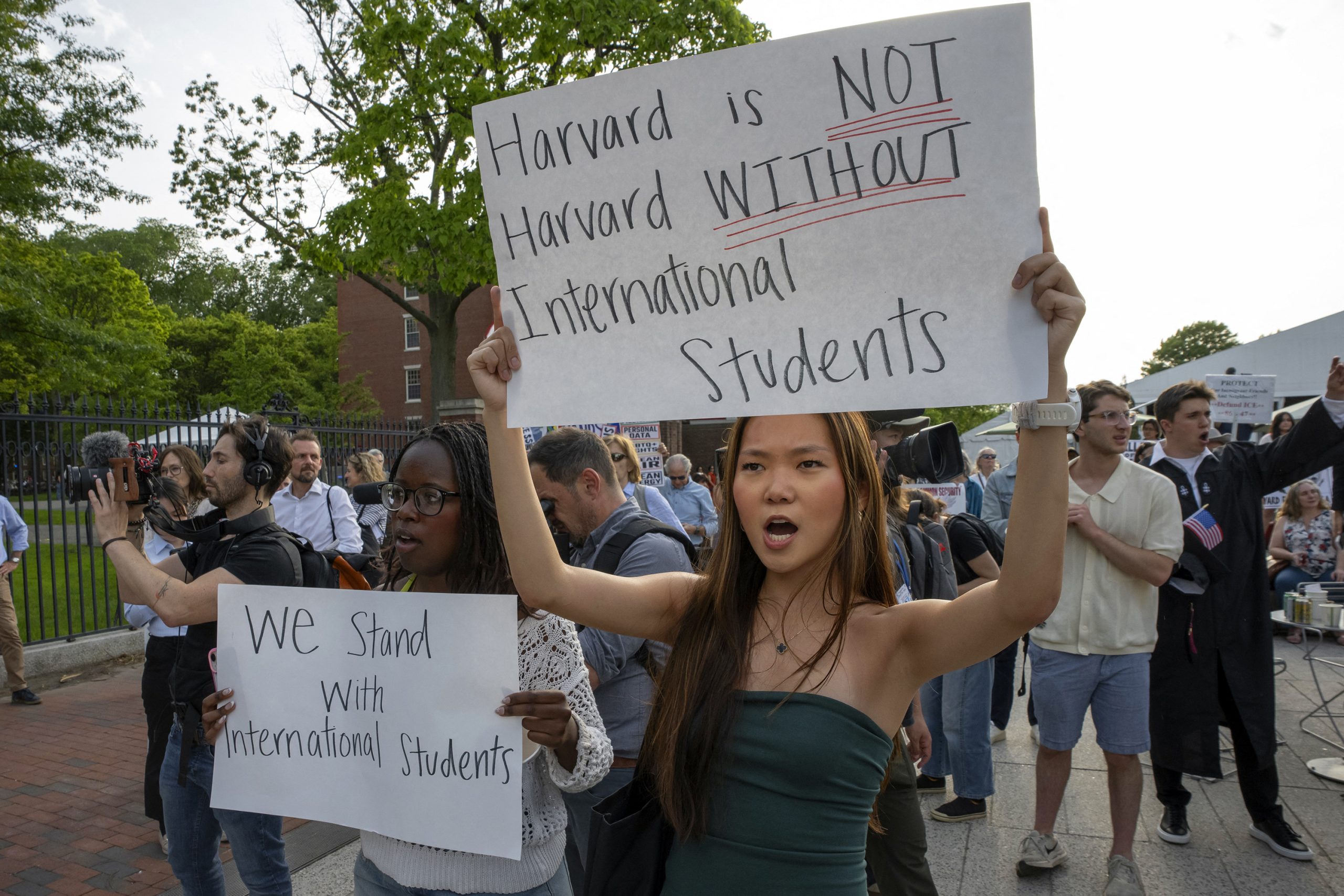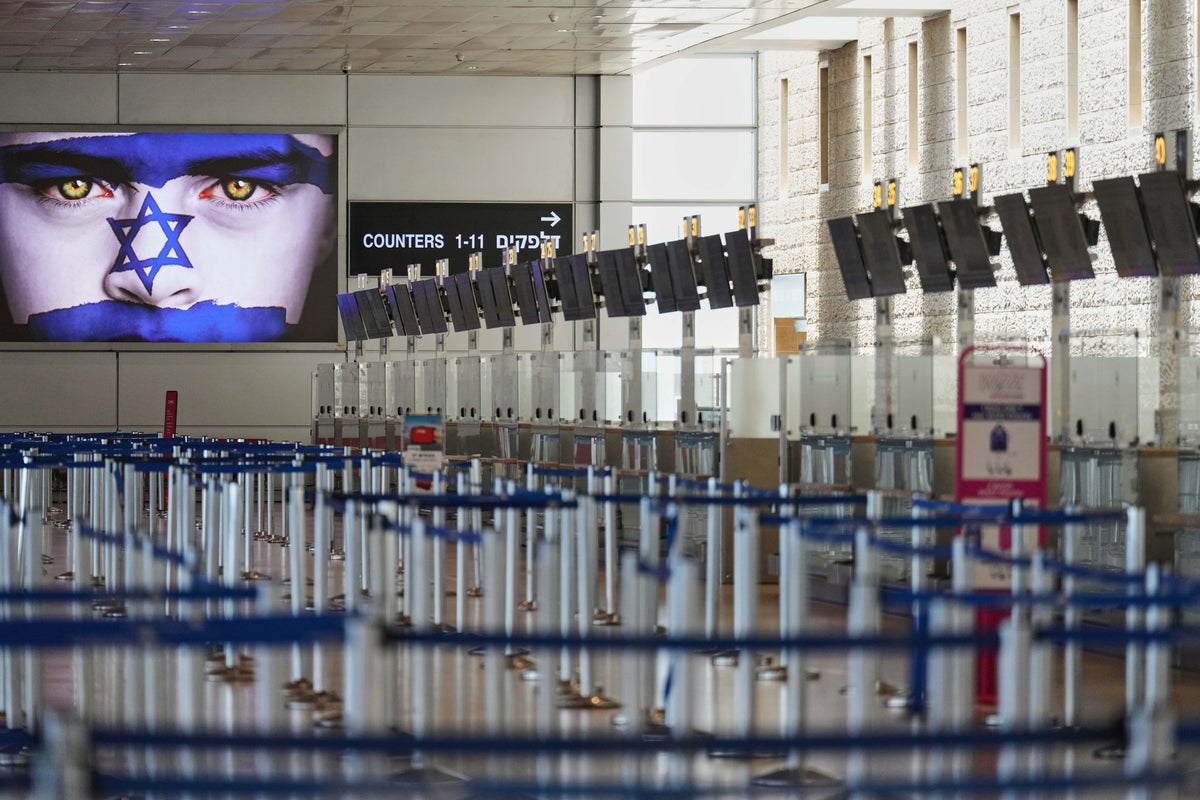On Thursday, the Department of Homeland Security announced that it has started informing hundreds of thousands of individuals from Cuba, Haiti, Nicaragua, and Venezuela that their provisional authorization to reside and work in the U.S. will be terminated. They have been advised to depart the country accordingly.
Officials stated that termination notices are being emailed to individuals who entered the country through the humanitarian parole program for those from the four specified nations.
Starting from October 2022, approximately 532,000 individuals from Cuba, Haiti, Nicaragua, and Venezuela gained entry into the U.S. through an initiative established by the Biden administration. These entrants came supported by financial backers and received permission valid for two years, allowing them to reside and seek employment within the country.
The DHS stated that these letters notified recipients that their provisional lawful status as well as their employment authorization had been rescinded “with immediate effect.” They urged anyone residing unlawfully within the U.S. to depart through an app known as CBP Home, adding that those who do so would be provided with travel support and a sum of $1,000 once they reach their native land.
The department did not offer specifics on how the U.S. government plans to locate or reach out to individuals after their departure or on how these individuals will get access to the funds.
During his presidential campaign, Trump vowed to put an end to what he described as the “widespread misuse” of humanitarian parole, a longstanding legal mechanism that presidents have utilized to permit individuals from nations experiencing war or political unrest to come into and temporarily reside within the U.S.
Trump promised to deport millions of people who are in the U.S. illegally, and as president he has been also ending legal pathways created for immigrants to come to the U.S. and to stay and work.
He faced opposition from the courts when he decided to terminate the parole program for Cubans, Haitians, Nicaraguans, and Venezuelans; however, the Supreme Court recently allowed the Trump administration to rescind these provisional legal safeguards.
Immigration advocates expressed concern over the Trump administration decision to send the notices to more than a half million individuals.
This “represents a highly disruptive move,” according to Krish O’Mara Vignarajah, who serves as the president of Global Refugee, a non-profit group aiding refugees and immigrants coming into the U.S. “These individuals followed all protocols… they cleared background checks, covered their travel expenses, secured employment permission, and started anew.”
Zamira, a 34-year-old Cuban woman who came to the U.S. with the help of an American citizen in September 2023, expressed her fear of being deported. Nevertheless, at present, she does not intend to depart from this nation.
I worry about getting detained when my child is at school,” stated Zamora, requesting anonymity for fear of deportation. “I’m hesitant to go back to Cuba; the circumstances there are extremely challenging.
Zamora mentioned that she has explored alternative methods to stay in the U.S. legally via the Cuban Adjustment Act, which permits Cubans who entered the country lawfully and satisfy specific criteria to apply for permanent residency status.
Even though her application hasn’t been accepted yet, she remains optimistic that it might enable her to stay legal in the U.S. She mentioned that she would be prepared to cease work at a clinic if necessary.
“I will remain patient and out of trouble,” the Cuban stated.
READ MORE:
The Trump administration informs immigrants from Cuba, Haiti, Nicaragua, and Venezuela that they must depart.
CHECK OUT WPTZ:
Get the latest Plattsburgh and Burlington news of the day. See the stories making headlines, and get the latest weather report online, anytime.


















Leave a Reply